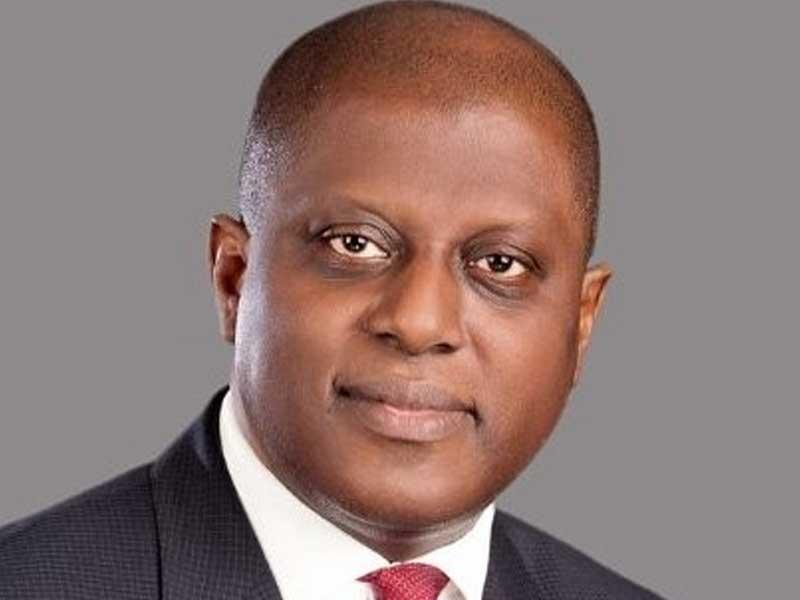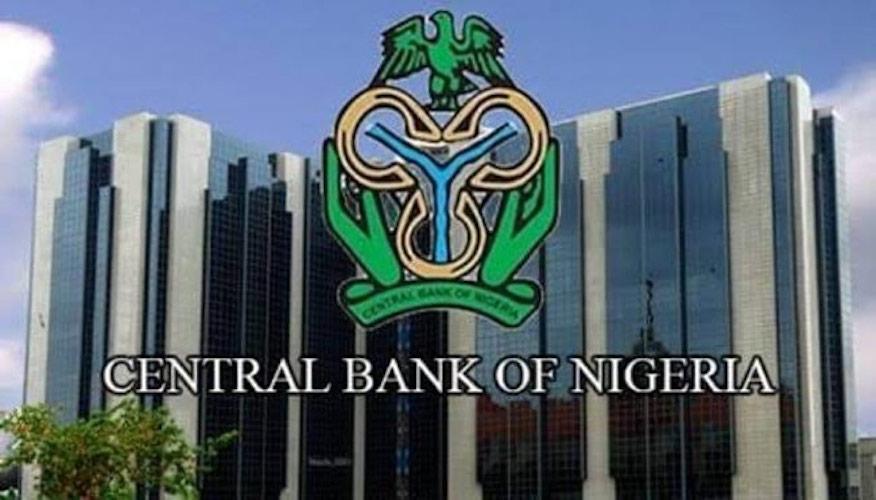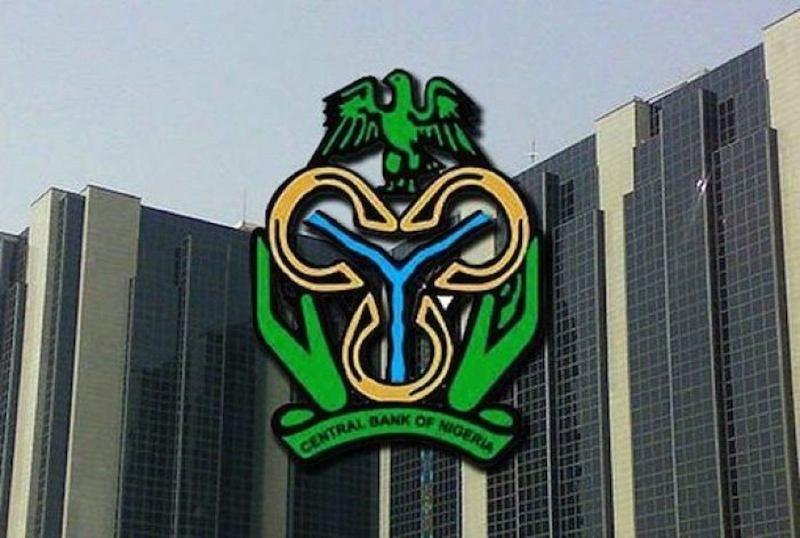Obinna Chima
The federal government requires what has been described as a ‘big bang’ approach, not incrementalism, to strengthen the country’s weak fiscal buffer.
The Deputy Governor, Economic Policy Directorate, CBN, Dr. Joseph Nnanna, suggested this in his personal comment at the September Monetary Policy Committee (MPC) meeting, a copy of which was obtained on Monday.
According to him, economic growth has remained muted amidst bumpy road to economic recovery while the longstanding problems of high unemployment and infrastructure deficit persist.
He also pointed out that financial conditions have remained tepid, adding that credit to the private sector remains largely below target.
“Credit to private sector increased to 9.36 per cent in August 2019 from 6.97 per cent in July 2019. Core private sector credit also increased to 10.55 per cent in August 2019 from 7.55 per cent in July 2019.
“Weak aggregate demand and manufacturing production, coupled with socio-political tensions continued to weigh down on Nigeria’s stock market.
“External buffers (reserves) are more than adequate to finance Nigeria’s import needs in the medium-to-long term but fiscal buffers remain inadequate to finance capital expenditure,” Nnanna noted.
Furthermore, he revealed that global economic development during the period has been relatively favourable though with simmering geopolitical tensions and trade wars.
“Overall, the macro economy is at a cross road and the economy may witness a twin deficit. Monetary policy has been overburdened and its limitations have become evident, as seen in the neutrality of the monetary policy rate.
“The critical pressure points that policy should address in the near term include; job creation through the implementation of a robust public works programme, encompassing infrastructure improvement and strengthening of key institutions,” he advised.
In her contribution, the Deputy Governor, Financial System Stability, CBN, Mrs. Aishah Ahmad, noted that external threats persist as the spill over from US policies continue to weigh on global economic outlook.
Ahmad, said it appears there was no end in sight to oil price volatilities and consequently, exchange rate and fiscal pressures for oil producing economies. This, she said reinforces the urgency for domestic revenue diversification.
“A key consideration for Nigeria has been the potential effects of these external developments on our investment competitiveness, reserves position and exchange rate stability.
“Despite the slight decline in external reserves, its current level ($42.5billion as at 16th September 2019) is sufficient to ward off these threats in the medium term while more sustainable economic reforms are being explored.
“Nonetheless, the sluggish domestic output expansion amidst low fiscal stimulus requires urgent, timely and targeted action.
“This fragile growth partly reflects the effect of delayed implementation of the 2019 federal budget, which has denied the economy timely and much required stimulus,” she explained.
Nevertheless, Ahmad said tight monetary conditions have somewhat helped keep inflation moderated with headline inflation year-on-year at 11.02 per cent in August 2019, moderating for the third consecutive month since June 2019.
To the Deputy Governor, Operations, CBN, Mr. Folashodun Shonubi, the monetary sector and financial markets remain challenged by less than benchmark growth of critical monetary aggregates, as well as, persisting disconnect between trends in monetary aggregates, financial market indices and developments in the real sector.
Shonubi said it was worrisome that growth was still driven by the oil sector, and more so that growth in the non-oil sector lost momentum.
As the CBN intensifies its effort to promote growth through enhancement of credit flows to the real sector, he anticipated that the outcome would be seen in the near-term, as the lag effect passes.
“Unfortunately, deteriorating fiscal space has limited the ability of fiscal authority to provide the much-needed support to further stimulate economic activities for output growth and employment generation.
“Government revenue has significantly underperformed, causing the authorities to run huge deficit for the three quarters so far in 2019.
“Fiscal authorities and agencies must therefore be innovative in their quest to enhance revenue collection, build fiscal buffers, and eliminate wastages by disposing unproductive and improving efficiency of their assets, while also addressing the wave of insecurity across the country,” he added.




